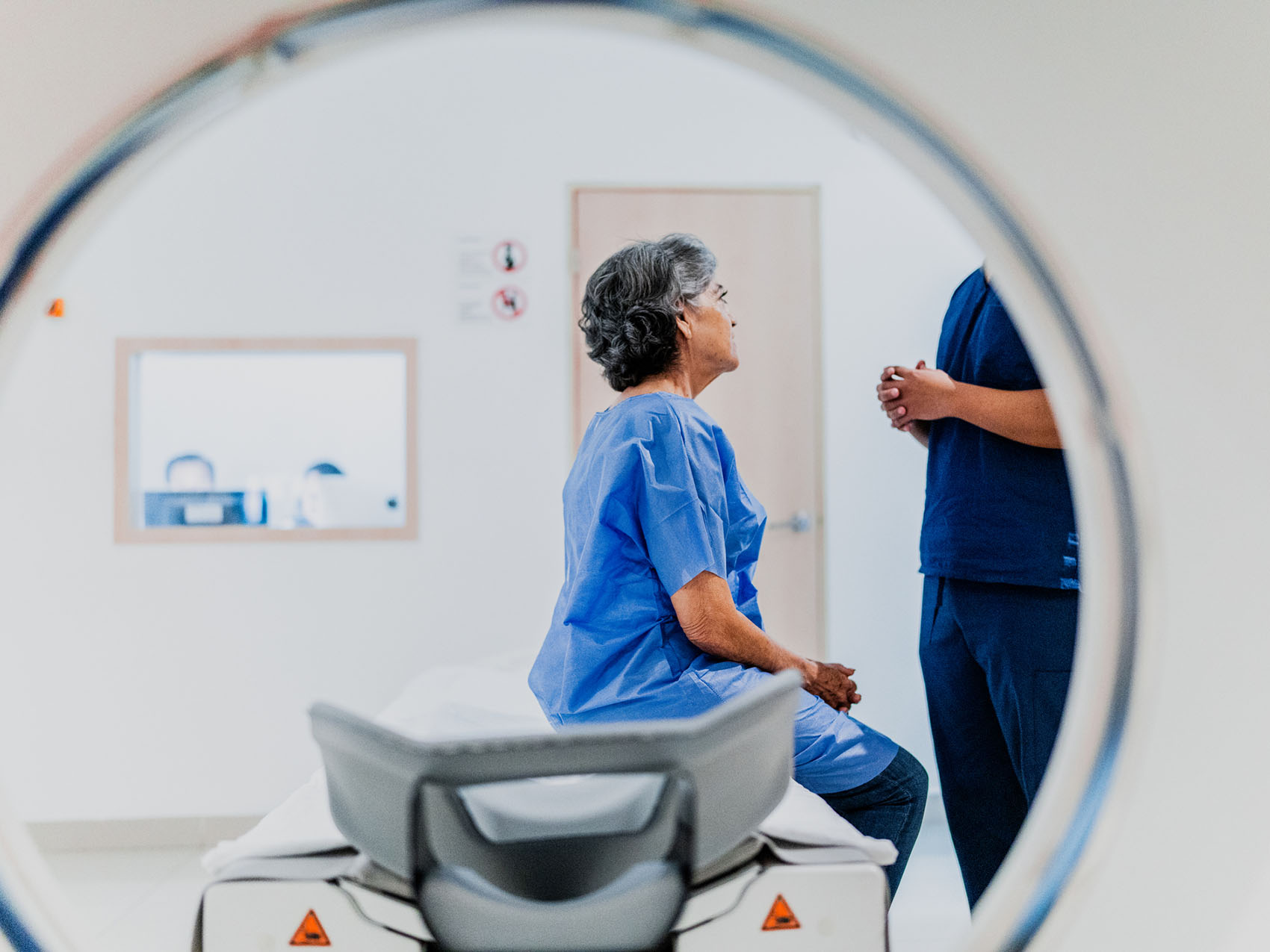Advanced Technology for Optimal Results
At FLEX, we’re committed to transforming the landscape of orthopedic care through unparalleled radiology services. Our dedication to innovation and excellence ensures that every patient receives the precise diagnosis needed to embark on a path to recovery and enhanced quality of life.
FLEX radiology services embody our commitment to enhancing patient outcomes through precision, technology, and care. Trust us to be your partner in orthopedic health, where every scan is a step towards a healthier, more active life.

Precision Imaging Services
Radiology is more than just imaging—it’s the foundation for effective treatment and recovery. At FLEX Institute, we integrate state-of-the-art technology with a personalized approach to address each patient’s unique health challenges. Our team of skilled radiologists and technicians works collaboratively to deliver results with accuracy and empathy, ensuring that you are not only seen but truly understood.
Advanced Technology

Our advanced digital X-ray systems are designed for efficiency and clarity, ensuring that your imaging experience is swift and comfortable. These high-resolution images allow for immediate review by our physicians, providing you with timely insights into your health status. With reduced radiation exposure, our digital X-rays prioritize your safety while enhancing diagnostic precision.

Step into the future of diagnostic imaging with our cutting-edge CT scans. By offering detailed cross-sectional images, our CT technology enables our specialists to visualize complex anatomical structures with unparalleled clarity. Particularly beneficial for pre-surgical planning with innovative techniques like Mako Smart Robotics, our CT scans ensure that your treatment is meticulously tailored to your needs.

We use MRI technology to examine bones, joints, and soft tissues such as cartilage, muscles, and tendons for injuries or structural abnormalities or to evaluate post-surgical outcomes. We also use MRI technology to assess other conditions, such as tumors, inflammatory disease, congenital abnormalities, osteonecrosis, bone marrow disease, and herniation or degeneration of spinal cord discs. We use open MRI technology, which gives us exceptional precision and greater comfort for our patients.
Considerations
Because MRI uses powerful magnets, the presence of metal in your body can be a safety hazard if attracted to the magnet. Even if not attracted to the magnet, metal objects can distort the MRI image. Before having an MRI, you will complete a questionnaire that includes whether you have metal or electronic devices in your body. This can include:
- Metallic joint prostheses
- Artificial heart valves
- An implantable heart defibrillator
- Implanted drug infusion pumps
- Implanted nerve stimulators
- A pacemaker
- Metal clips
- Metal pins, screws, plates, stents or surgical staples
- Cochlear implants
- A bullet, shrapnel, or any other type of metal fragment
- Intrauterine device
Preparing for your MRI
Before an MRI exam, eat normally and continue to take your usual medications unless otherwise instructed. You will typically be asked to change into a gown and to remove things that might affect the magnetic imaging, such as:
- Jewelry
- Hairpins
- Eyeglasses
- Watches
- Wigs
- Dentures
- Hearing aids
- Underwire bras
- Cosmetics that contain metal particle


